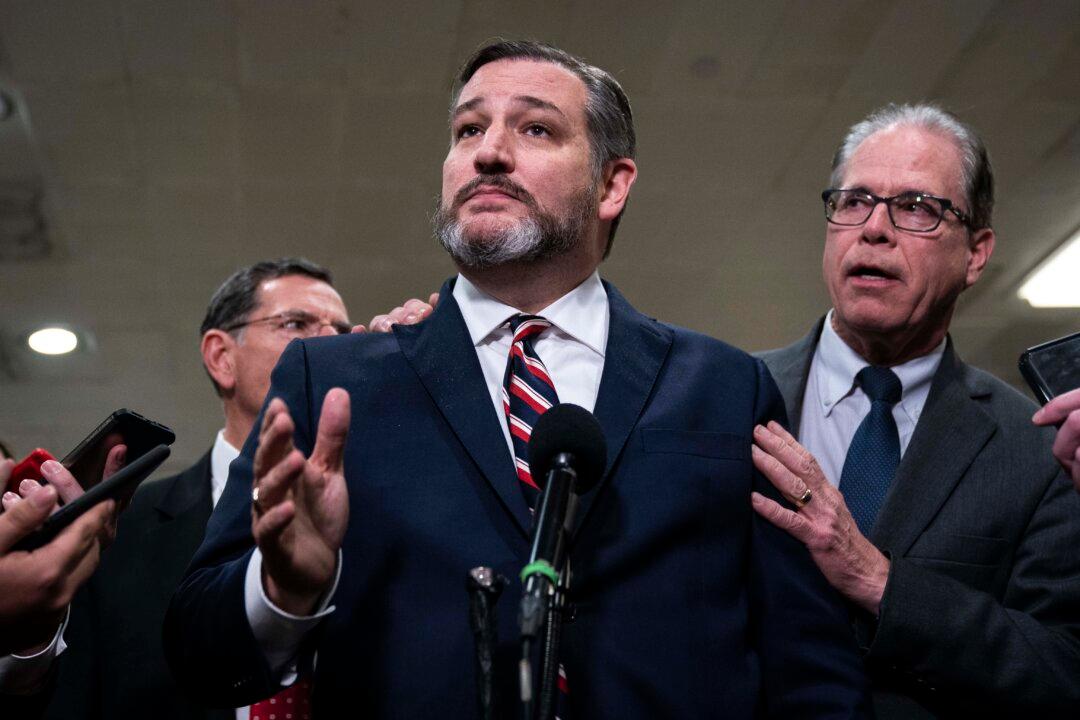Commentary
Forget the Krakens, Dominion voting machines, harvested, absentee, and mail-in ballots, early voting, and all the other squid ink that’s been expelled into the atmosphere since the highly contested presidential election of Nov. 3, 2020.

Forget the Krakens, Dominion voting machines, harvested, absentee, and mail-in ballots, early voting, and all the other squid ink that’s been expelled into the atmosphere since the highly contested presidential election of Nov. 3, 2020.